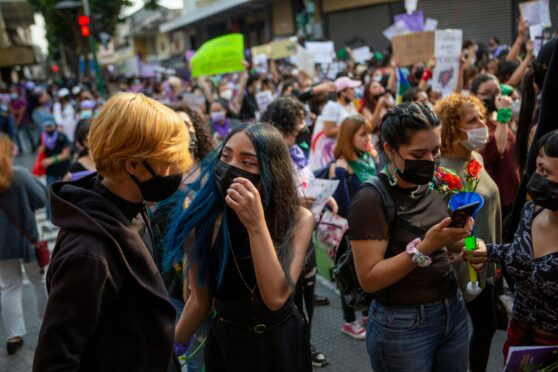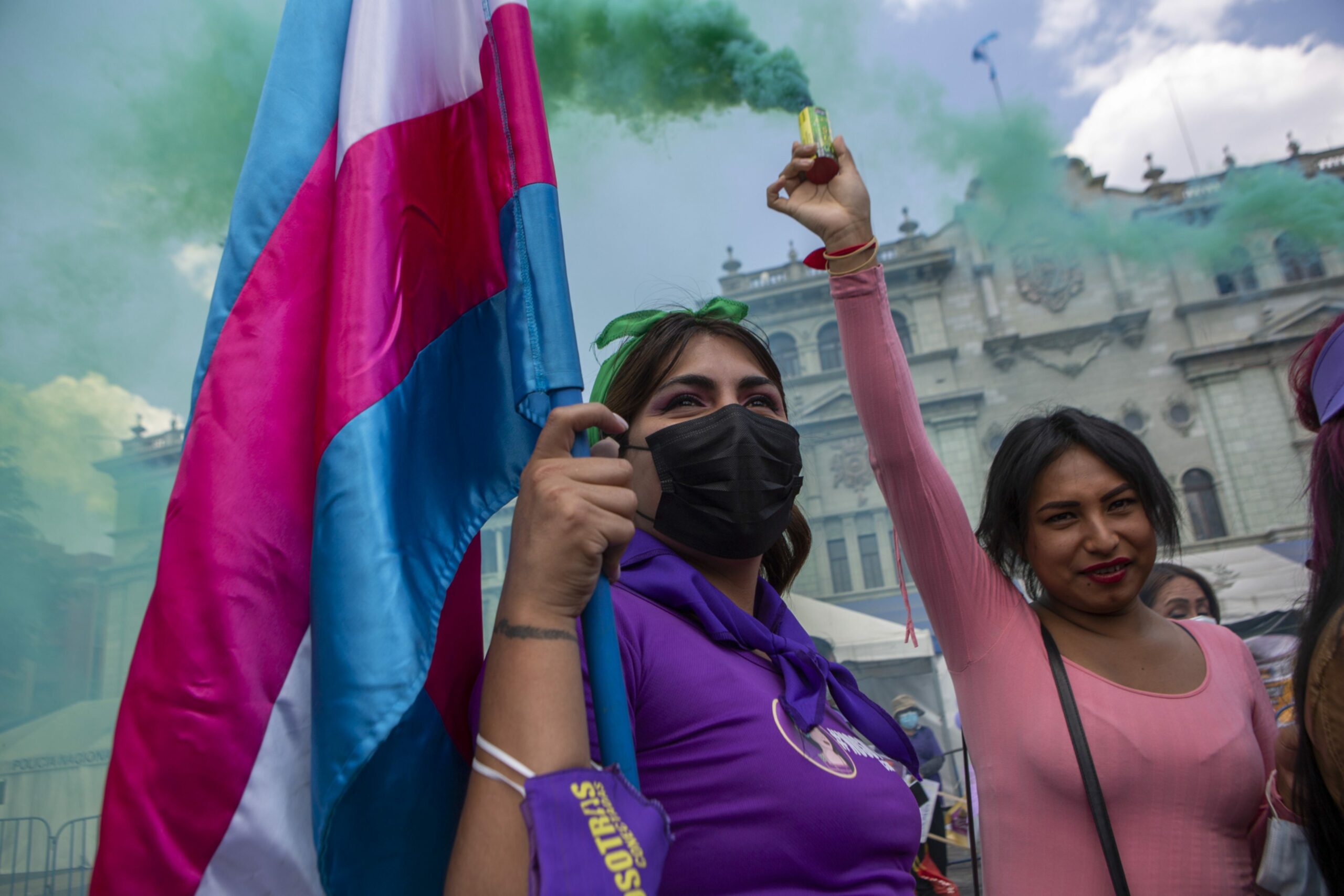
When police stopped a car at a routine checkpoint in Guatemala City, they found the body of a young woman in the back seat with a rope around her neck.
The two men who were driving the car – both barely out of their teens – had made no effort to cover her and were on their way to dump the body when stopped 10 days ago. Police checks revealed all three, including the murder victim, were members of Little Psycho, a clique of La Mara 18, one of Guatemala’s most feared gangs.
Like their rivals Salvatrucha, these crime organisations are exercising an increasingly tighter grip over this tiny Central American state.
After a 36-year civil war finally came to an end in 1996, the military still exercises considerable control over this fragile democracy, helped by corrupt politicians, analysts say.
The stranglehold of the military, crime groups, and politicians who are in their pay means Guatemala is fast becoming a failing state, commentators fear. The casual murder of the woman whose body was dumped in the car illustrates how the rule of law is on the wane.
The woman devoted her time to collecting money from extortion victims, police said, but paid the ultimate price for putting her hand in the kitty. When police checked the details of the two men they arrested, they discovered both had been condemned for murder but released. So how come they were driving around with a body in the back of the car?
Welcome to corruption Guatemala-style, where it is possible to literally get away with murder.
This country, which is wedged between Mexico and smaller but also troubled neighbours El Salvador and Honduras, has a population of five million, roughly the same as Scotland.
In Guatemala, the judiciary and state prosecution system do not inspire much confidence among the population. The US, which had hoped Guatemala could be an ally in Central America, is increasingly worried about the deterioration of law and order.
“The United States is deeply concerned by the Guatemalan Attorney General Consuelo Porras’ continued, brazen attacks on Guatemala’s justice system through politically motivated arrests and detentions of current and former public servants fighting corruption,” said the US State Department in a statement last week.
“In addition to the arrest of at least six former and current anti-corruption prosecutors, other prosecutors have been forced to flee the country and efforts continue to remove the immunity of additional anti-corruption judges and prosecutors.”
To most Guatemalans, the fact that convicted killers are driving around the capital with a body in the back seat will come as no surprise. These gangs have increased their stranglehold over this fragile democracy since the arrival of more powerful Mexican drug gangs.
Under increased pressure from authorities in their own country, Mexican drug cartels are using Guatemala as a staging post to send 90% of their drugs into the US, according to the US State Department. Planes, ships and even narco-submarines are used to ferry the drugs to “nuestro gran vecino al norte” – our big neighbour in the north.
Guatemalan gangs, whose members are famous for the threatening tattoos that cover their bodies, take care of the logistics – looking out for police or paying them off, plus selling the drug in their own country.
The country’s murder rate may have fallen in the past decade from 41.8 per 100,000 in 2010 to 15.3 in 2020 according to Guatemalan government figures but the great majority of murders remain unresolved in the murky world of gang feuds.
The Little Psycho killers were unlucky to be picked up in a police check. Guatemalan gangs are becoming less keen to accept jobs as hitmen from Mexican drugs gangs, police say.
Instead, they favour extortion, kidnap, robbery, or the “white collar” crimes of creating shell companies for the Mexicans to launder drug money. Axel Romero, former vice-minister for prevention of violence, said: “We are living in a chronic situation similar to that of Colombia in the 1980s. The problem is that we have not recognised the problem.
“In the absence of control by the forces of security, the drug gangs have taken over control of services like health and education.”
The situation started to deteriorate in 2019, when the International Committee Against Impunity in Guatemala, a UN-backed anti-corruption body, was disbanded. This organisation probed government sleaze and abuses of power by the army, which ruled the country until 1996.
Over the past two years military men, corrupt officials and criminals have only become more powerful, said Carmen Rosa de León, who heads the Institute for Sustainable Development, a Guatemalan think-tank.
Drug money has started to seep into the country’s parliament, she said. “Forty of the 160 MPs in the congress have links to organised crime, we believe,” she told the Sunday Post. “The rule of law is increasingly undermined and the separation of powers is more and more blurred.”
Attacks on the justice system by Guatemalan President Alejandro Giammattei’s government have raised alarm internationally.
In July last year, Juan Francisco Sandoval, the anti-graft prosecutor, was dismissed, allegedly for bias.
Sandoval, who fled the country, said he was sacked because he was investigating high-ranking officials.
A recent episode at a prison in Guatemala illustrated how the legal system was in cahoots with the gangs.
A raid on the jail where La Mara 18 members were held using heavily armed troops failed to unearth any evidence of wrongdoing.
It later emerged that the raid had been agreed earlier between the investigating prosecutor and the gang leaders, police sources said.

Enjoy the convenience of having The Sunday Post delivered as a digital ePaper straight to your smartphone, tablet or computer.
Subscribe for only £5.49 a month and enjoy all the benefits of the printed paper as a digital replica.
Subscribe © Oliver de Ros/AP/Shutterstock
© Oliver de Ros/AP/Shutterstock